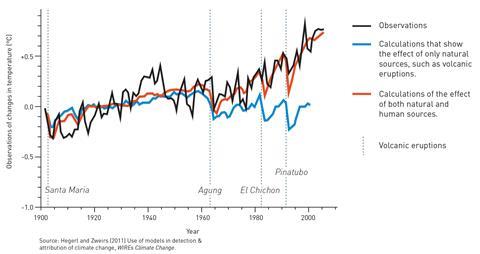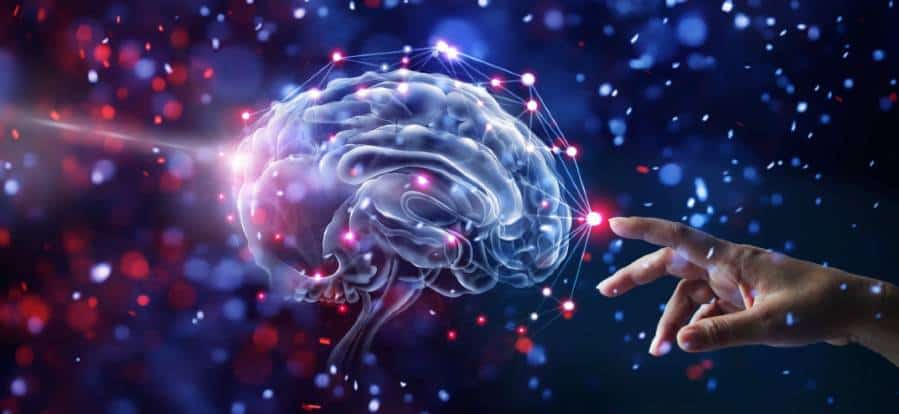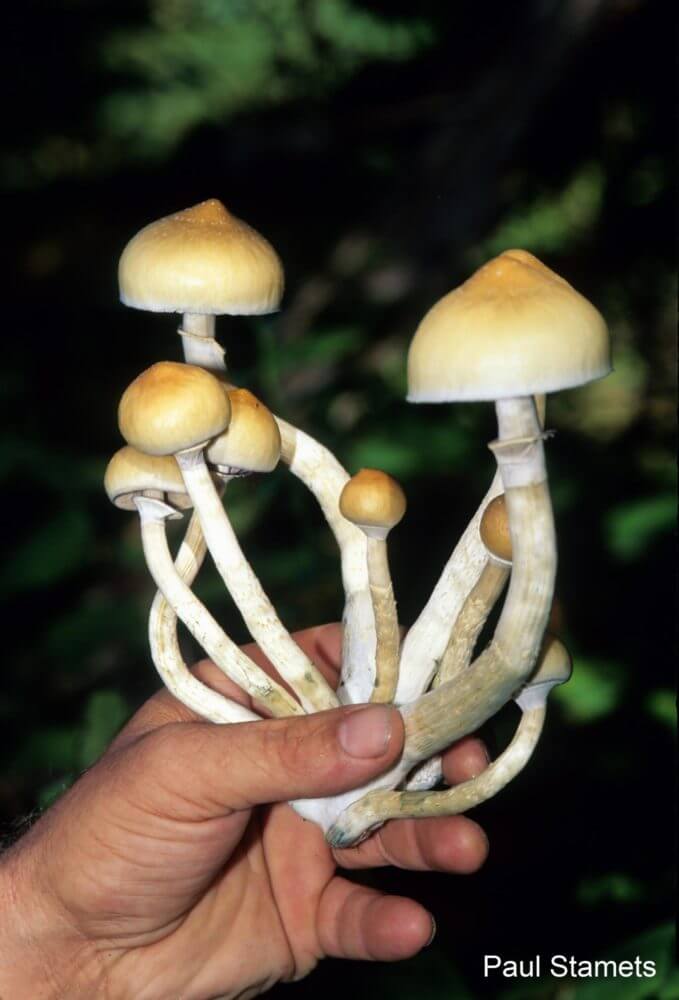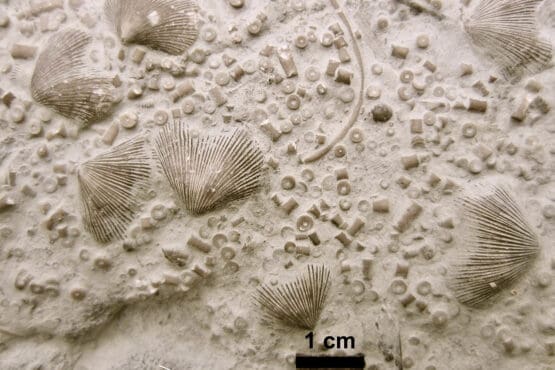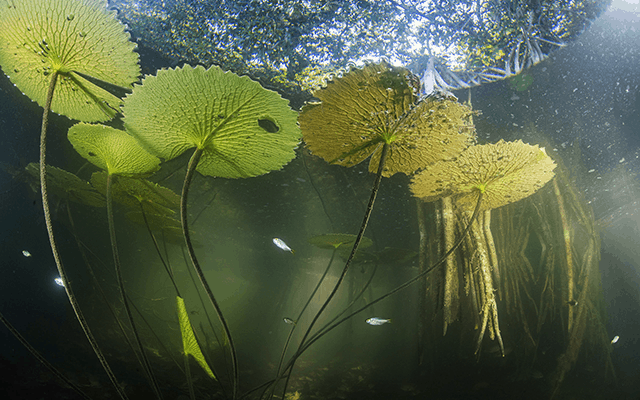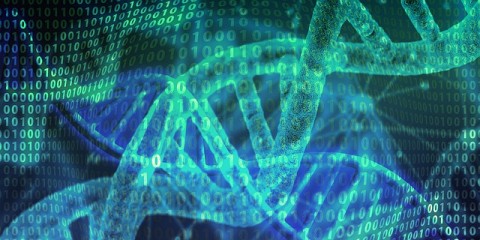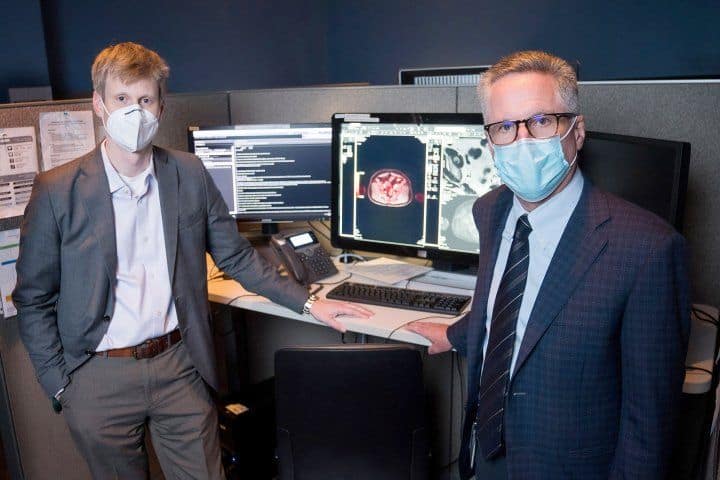The 2021 Nobel prize in physics has been awarded to three scientists who improved our understanding of the complexity of systems that range in scale from atoms to our planet’s climate. Syukuro Manabe, Klaus Hasselmann and Giorgio Parisi’s research provided fundamental insights that underpin much of our knowledge of climate change. Half of the prize […]
Read More